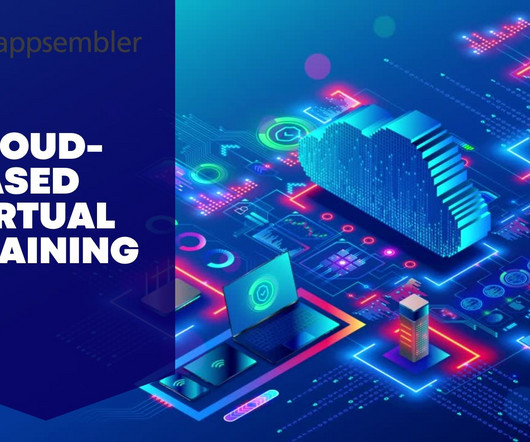AI in Education: Reimagining the Role of Teachers
Integranxt
DECEMBER 14, 2023
Shifting Roles of Teachers in the Age of AI Technology adoption in the education domain has been a very slow and difficult process. Immersive and Interactive Learning AI can create engaging and interactive learning environments through virtual reality, augmented reality, and gamification.



























Let's personalize your content